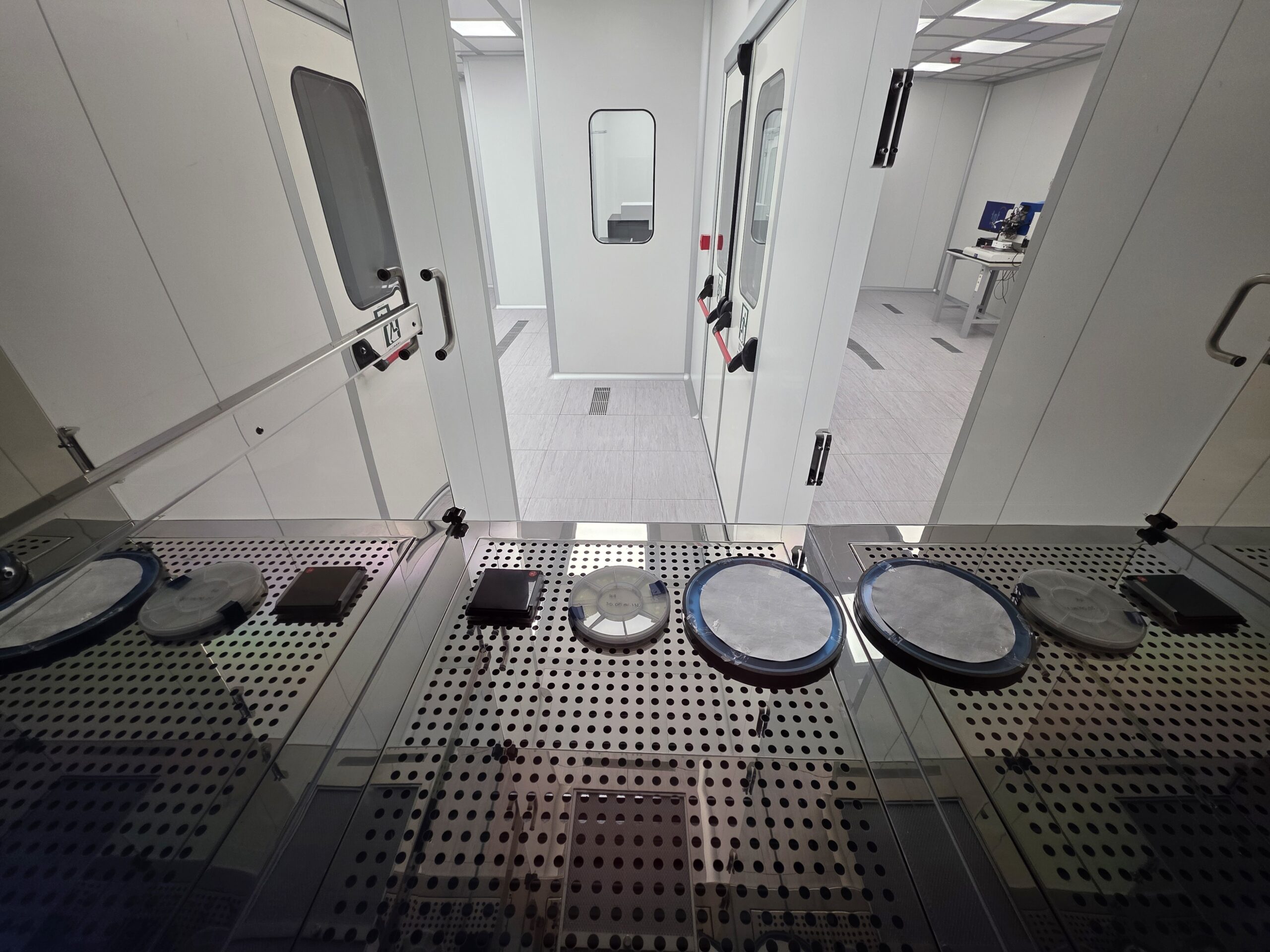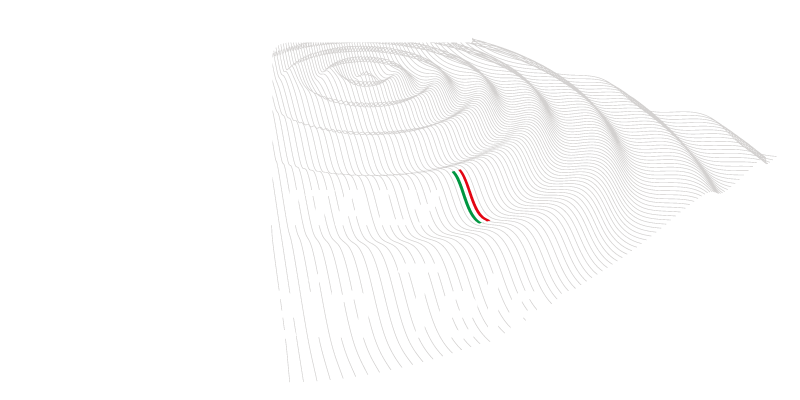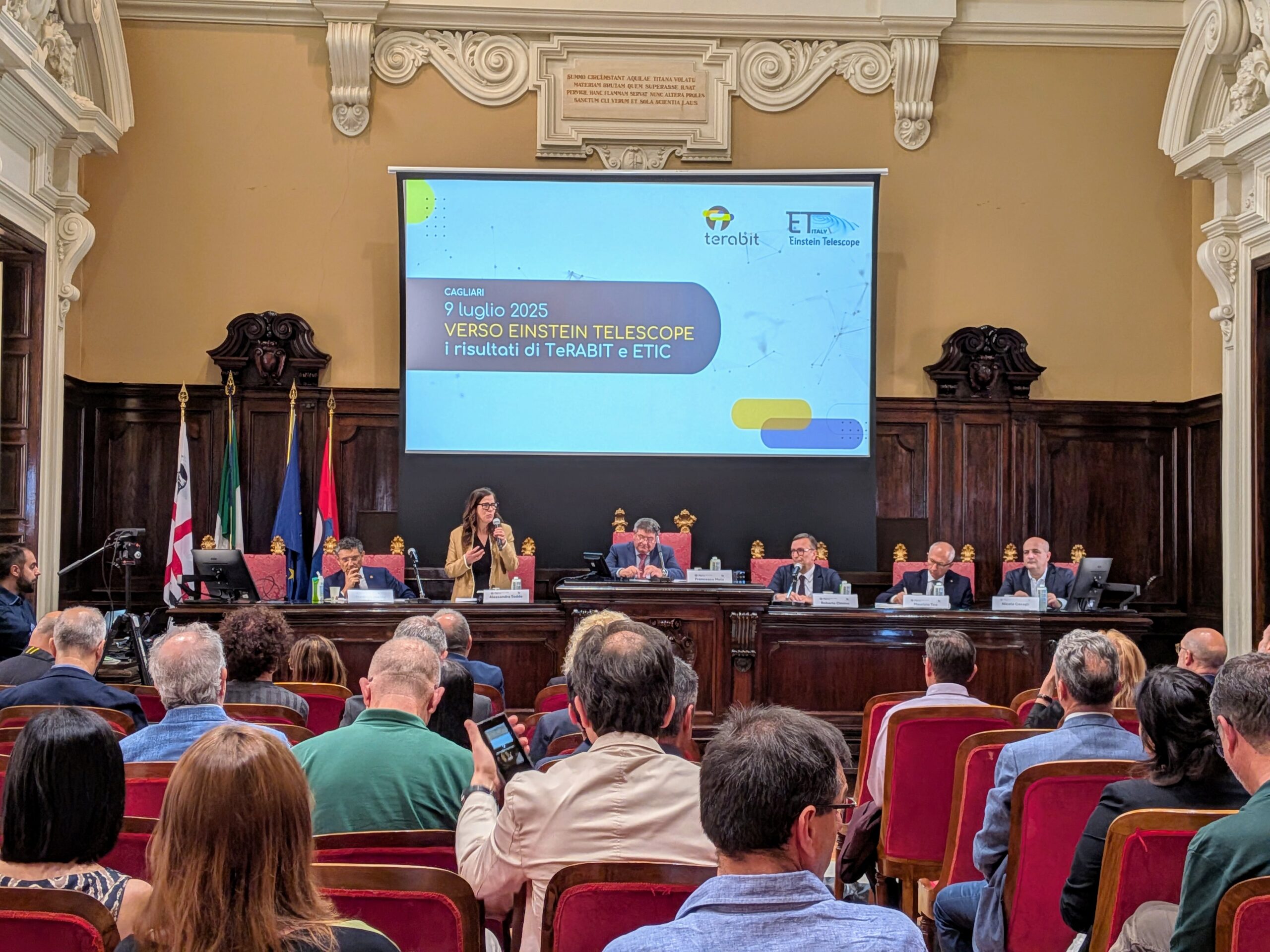Double inauguration today, July 9th, at the University of Cagliari for two research infrastructures of great importance not only for the territory of Sardinia but for the entire national academic and research community.
The result is the outcome of extensive and shared planning among institutions, universities, and research bodies, which made it possible to best invest the resources provided by the National Recovery and Resilience Plan (NRRP) under Mission 4 coordinated by the Ministry of Universities and Research, through the TeRABIT and ETIC projects, both led by the National Institute for Nuclear Physics (INFN).Specifically, the first milestone achieved concerns the completion of an optical fiber ring of about 1,100 km across the entire region, built by GARR and integrated into the national research network GARR-T, which brings ultra-high-performance connectivity throughout Sardinia (with an internal regional aggregate capacity of 1.6 Terabits per second). This infrastructure, implemented under the TeRABIT project, also guarantees for the first time four stable and high-performance 400 Gbps connections with the rest of the country thanks to submarine cables, projecting Sardinia to the forefront of international research networks.
The second inauguration today is for the new ETIC laboratories at the Department of Physics of the University of Cagliari. The laboratories, the result of collaboration between the University and INFN, will develop enabling technologies — particularly in optics and optoelectronics — for the future Einstein Telescope gravitational wave observatory, for which Sardinia is a candidate host site in the area around the disused Sos Enattos mine, in the Nuoro region.
The official presentation of these new infrastructures took place during the event “Towards the Einstein Telescope: the results of TeRABIT and ETIC. From PNRR projects, ultra-fast networks and advanced laboratories for the development of research and the territory” in the presence of institutional representatives and members of the academic and research community. The day was also an opportunity to discuss the value of scientific infrastructure and advanced connectivity in fostering the country’s development, strengthening its leading role on the international stage, and supporting Italy’s candidacy to host the Einstein Telescope.

Image of one of the ETIC laboratories in Cagliari
«I am very proud of today — emphasized the President of the Sardinia Region, Alessandra Todde — because we are showcasing a Sardinia that promotes research and innovation. The completion of the TeRABIT and ETIC projects demonstrates how the Einstein Telescope is already a reality that is transforming Sardinia for the better. The GARR-T network, in particular, allows us to make a huge leap forward in terms of network speed and the availability of this connectivity for universities, schools, courts, healthcare institutions, and industrial consortia that will conduct research. It is a tangible sign of the change underway».
«It is with great satisfaction that we present today the successful results of TeRABIT and ETIC, two projects that strengthen Sardinia’s candidacy to host the Einstein Telescope and that have connected Sardinia to Italy’s high-performance research network while equipping the local scientific community with a new cutting-edge laboratory», said Antonio Zoccoli, President of INFN. «Both projects, launched thanks to NRRP funding from the Ministry of Universities and Research, are proof that research infrastructures are resources, true engines of innovation, and show how investments in infrastructure generate progress not only for science but also for society and the territories that host them».
«The University of Cagliari is proud to play a decisive role in the development of the TeRABIT and ETIC research infrastructures, deploying top-level scientific, technological, and infrastructural expertise. TeRABIT and ETIC are the result of great teamwork and demonstrate our university’s key role in advancing cutting-edge research and innovation», added Francesco Mola, Rector of the University of Cagliari. «These projects are part of a broader vision of sustainable regional development aimed at creating new opportunities for local communities and consolidating Sardinia as a hub of scientific and technological excellence on the international stage».
«Completing the fiber interconnection of Sardinia is a result that brings us great satisfaction because it has been part of our plans for a long time. Today the island is perfectly integrated with the rest of the national backbone and can therefore rely on state-of-the-art connectivity, capable of ensuring high performance even for international destinations. This is a fundamental step not only for the research community with its excellent projects but also for universities, culture, and, more generally, for the development of the region», concluded Maurizio Tira, President of GARR.

